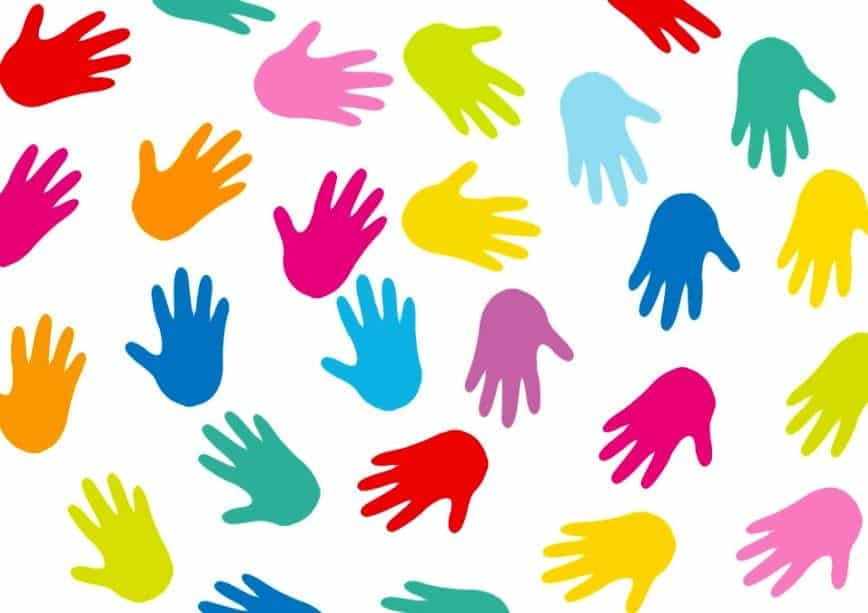Table of Contents
edCircuit Opinion
The Scientific American article For Children With Autism, Multiple Languages May Be A Boon raises an important point about the impacts of language education on children with autism. In the United States, bilingual families with children on the autism spectrum have traditionally been advised to raise those children speaking only English. But according to new research, this advice “only intensifies the alienation experienced by these children” by isolating them from their families, who may not speak English at home.
Indeed, recent studies have refuted a variety of misconceptions regarding children with autism, yet these children continue to be treated in ways that isolate and differentiate them from their peers. The media is saturated with stories that show just how little people understand about these disorders, and how this lack of understanding adversely affects children with autism and their families. How can we better support children with complex disorders that we have yet to understand fully? In what ways should we alter our education system in order to benefit children with special needs?
At a Glance:
- Difficulties bonding with others represents one of the core symptoms of autism
- Kids with autism benefit tremendously when their community includes and engages them meaningfully in natural play and learning
- Children with autism spectrum disorder should embrace multilingualism
Around the Web:
What Real Inclusion For Kids With Autism Looks Like
Kathleen O’Grady | The Huffington Post
Getting to be a valued member of their community should be the norm for all kids — but for kids with autism, it is too frequently not the case.
Media stories are full of parental struggles to get their kids with autism included in the larger community. Stories of exclusion from the public school system, from restaurants, from stores and airplanes are commonplace. The “no one came to my kid’s birthday party” has become somewhat of a genre in autism circles. And, if you know any autism parents, you’ll know the exclusion of autistic kids from extracurricular activities or field trips is a regular occurrence.
In other words, kids with autism are too often systematically excluded from their communities. But this has costs — for everyone.
Here’s what real inclusion looks like.
To read more visit The Huffington Post
No, autistic people do not have a “broken” mirror neuron system – new evidence
Helge Hasselmann | Research Digest
Scientists are still struggling to understand the causes of autism. A difficulty bonding with others represents one of the core symptoms and has been the focus of several theories that try and explain exactly why these deficits come about.
One of the more prominent examples, the “broken mirror hypothesis”, suggests that an impaired development of the mirror neuron system (MNS) is to blame. First observed in monkeys, mirror neurons are more active when you perform a certain action and when you see someone else engage in the same behavior – for example, when you smile or when you see someone else smile.
This “mirroring” has been hypothesized to help us understand what others are feeling by sharing their emotional states, although this is disputed. Another behavior that is thought to depend on an intact mirror neuron system is facial mimicry – the way that people spontaneously and unconsciously mimic the emotional facial expressions of others.
To read more visit Research Digest
For Children With Autism, Multiple Languages May Be A Boon
Ann Grisold | Scientific American
Oscar, 6, sits at the family dinner table and endures the loneliest hour of his day. The room bustles with activity: Oscar’s sister passes plates and doles out broccoli florets. His father and uncle exchange playful banter. Oscar’s mother emerges from the kitchen carrying a platter of carved meat; a cousin pulls up an empty chair.
“Chi fan le!” shouts Oscar’s older sister, in Mandarin Chinese. Time for dinner!
“Hao,” her grandfather responds from the other room. Okay.
Family members tell stories and rehash the day, all in animated Chinese. But when they turn to Oscar, who has autism, they speak in English.
“Eat rice,” Oscar’s father says. “Sit nice.”
Except there is no rice on the table. In Chinese, ‘eat rice’ can refer to any meal, but its meaning is lost in translation.
Pediatricians, educators, and speech therapists have long advised multilingual families to speak one language — the predominant one where they live — to children with autism or other developmental delays. The reasoning is simple: These children often struggle to learn a language, so they’re better off focusing on a single one.
However, there are no data to support this notion. In fact, a handful of studies shows that children with autism can learn two languages as well as they learn one, and might even thrive in multilingual environments.
To read more visit Scientific American





